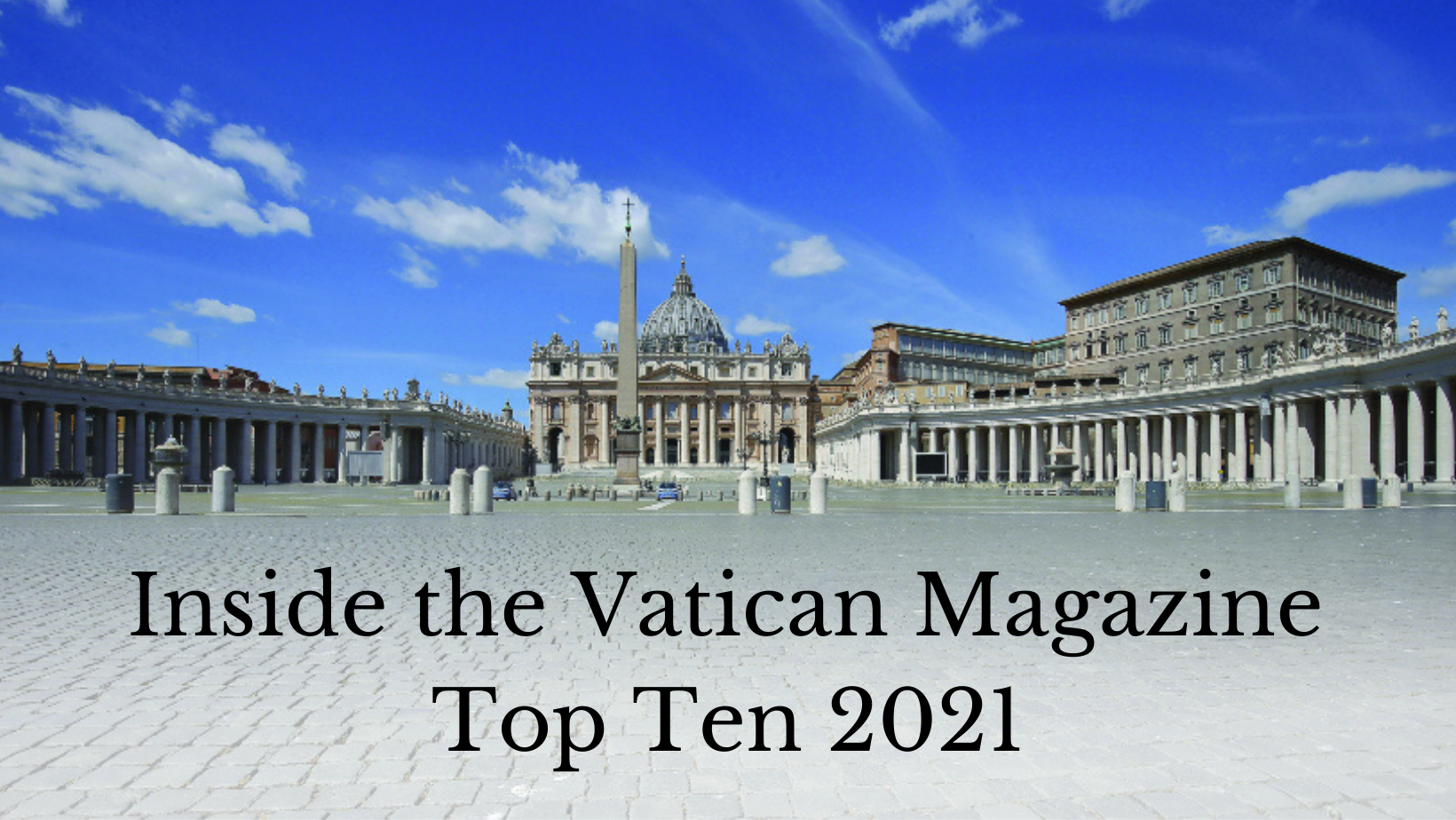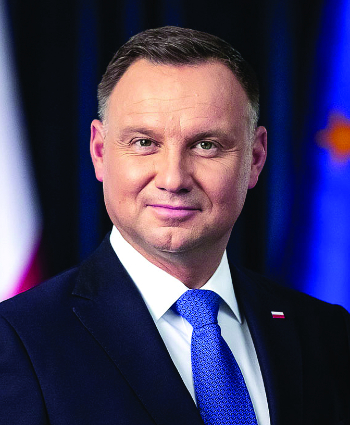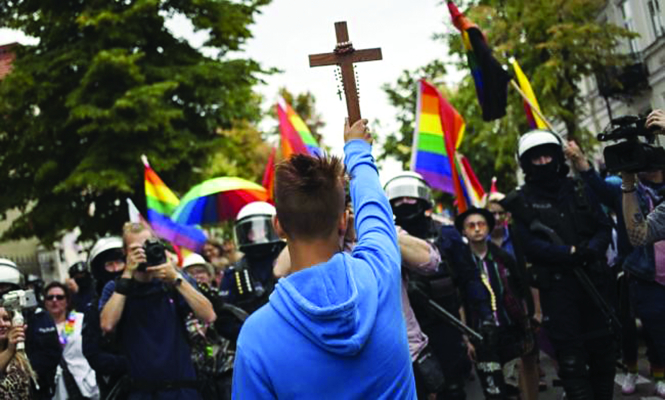
The world can be a dark place,
yet these are people who refuse
to let the darkness prevail
It’s been two years since Covid first came to international attention, and countless aspects of life have never been the same since. Yet, one thing that has remained constant is the determination of individuals to follow the Spirit’s call to transcend their own comfort, their own desires, their own interests, and brave sometimes severe difficulties in service to their brothers and sisters in the human family.
It is the call echoed by Pope Francis: “The gift of the Holy Spirit has been bestowed in abundance so that we may live lives of genuine faith and active charity.”
“Go out,” he says, “…become the Word in body as well as in spirit.”
And so we highlight here 10 people — admittedly, just a tiny few among the many, many faithful and selfless souls around the world — to underscore not only the need and the challenge of following the Gospel command to “love your neighbor,” but also to hold them up as a beacon of encouragement. We are all called to live lives of service and we all find it daunting at times; but the Lord sustains us and gives us hope.
These are men and women who bring us some of that hope. The world can be a dark place, yet these are people who refuse to let the darkness prevail. They are Inside the Vatican’s Top Ten of 2021.
 Andrezj Duda
Andrezj Duda
Duda: LGBT Indoctrination of Children Is “Neo-Bolshevism”
Poland’s president has become a target for his opposition to the “LGBT ideology”
The president of Poland is a socially conservative Catholic man who believes in the preservation of the history, culture and traditional faith of his nation. For that he has a bull’s eye painted on his back, and it’s in the sights of just about every progressive journalist and social activist and government official in the Western world.
Andrzej Duda, 49, is a lawyer and former faculty member of Administration and Law at Poland’s Jagiellonian University, where he obtained his doctorate in law. In the early 2000s, he began a political career that included membership in the European Parliament and culminated in his election as president of his country in 2015. He was reelected to a second term in 2020.
Domestically, his approval ratings have been very high — topping 72% in 2018 — but his pointed opposition to what he terms the “LGBT ideology” has marked him as an enemy to much of the progressive intelligentsia outside, as well as inside, the country. The flashpoint for opposing sides of the LGBT agenda is the resolution, passed by more than 100 towns and even entire regions in Poland in 2021, to remain “LGBT ideology-free.”
Press around the world, and in particular the West, reported on this phenomenon, often calling President Duda a “right-wing” politician and portraying the “anti-LGBT ideology” movement as a “dangerous” incitement to possible violence against homosexuals, encouraged by President Duda’s outspokenness.
He also drew harsh criticism for his statement that “The Polish constitution should include an entry saying that it is forbidden to adopt a child by a person who lives in a single-sex relationship.”
The BBC accused President Duda of creating a “hostile atmosphere” for homosexuals. Reuters quoted critics who say he has embraced “a politics of bigotry to cling to power.”

Poland, August 2019: a fearless young man alone faces a pro-LGBT demonstration in Płock with a crucifix
During his reelection campaign in 2020, he told a crowd in the town of Brzeg that his parents’ generation did not struggle to cast off Communism only to now accept “an ideology” that he thinks “is even more destructive to the human being.”
The president said that during Poland’s Communist era, regimes ensured survival by indoctrinating the youngest generation.
“That was Bolshevism. It was the ideologizing of children,” he said. “Today, there are also attempts to push an ideology on us and our children, but different. It’s totally new, but it is also neo-Bolshevism.”
Earlier that week, Duda signed a declaration that included language on “protecting children from LGBT ideology” with a ban on “propagating LGBT ideology in public institutions.”
In September of 2021, the European Union stepped into the fray and warned Polish regions that they would lose funding grants from the E.U. if they persisted in declaring themselves “LGBT ideology-free” – and at least three of them caved in to the E.U.’s threats, rescinding their declarations.
But President Duda has been careful to draw a distinction between promoting the “LGBT ideology” and protecting the personal rights of homosexual people.
He told LTR Television in Octoßber 2021: “We have never had any kind of persecution. There has been persecution of people with sexual preferences, for example, in European Union countries, but not in Poland. In Poland, they were not persecuted and there has never been a law against such people. We have tolerance and have always had it…this is a person’s private matter and a personal preference.”
The E.U. sought to impose its will on Poland again in October, this time with its European Court of Justice claiming that E.U. law takes precedence over Polish law. President Duda’s government is not buying it.
Rather, as throughout his presidency, he expresses the conviction that Poles “have the right to govern here and decide what kind of Poland we should have.”
Despite pressure from the E.U. to ramp up pro-homosexual sex education in schools, “Parents are responsible for the sexual education of their children,” Duda told a gathering of supporters in 2020. “It is not possible for any institutions to interfere in the way parents raise their children.”
“As a Catholic who follows the Magisterium, do I have a duty to fight against the vaccination choices of Vatican City? If you read the documents cited, you have to answer yes.”






Facebook Comments